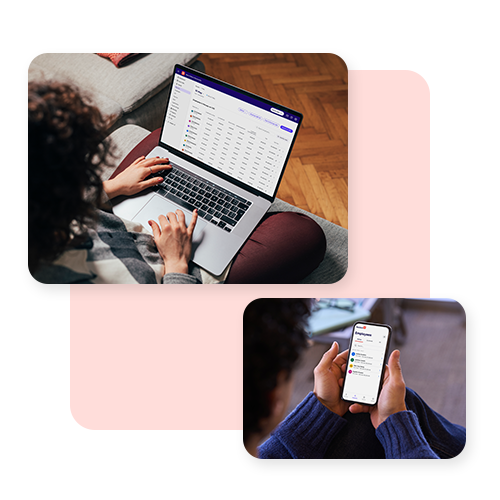Free balance sheet template for small businesses
Keep on top of your businesses’ financial standing with our free balance sheet template designed for New Zealand small businesses.
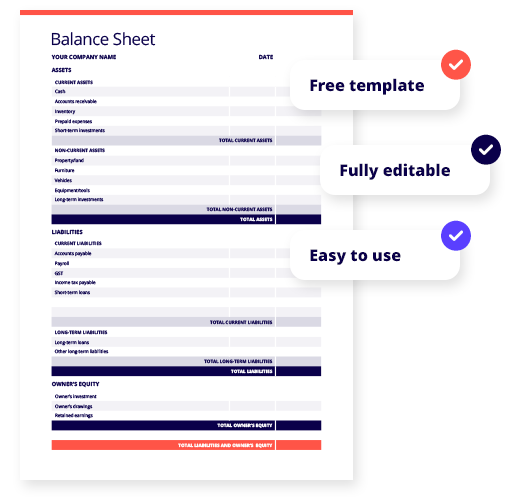
Create a professional balance sheet in minutes
Free template
Our balance sheet template can save you time & money.
Fully editable
Easy to use
Simply add your data and our template will do all the calculations for you.
Download your free balance sheet template
Balance sheet template in Excel
Reckon One software vs free balance sheet template
Features

Free Balance Sheet Template
Summary of financial position
Easily share online with your accountant
Update date range with a click
Manual data entry
Free downloadable templates
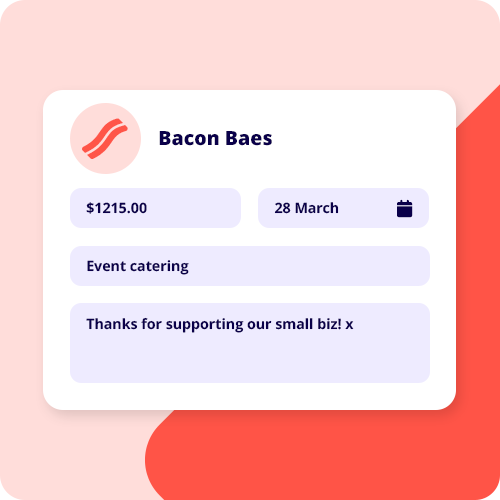
Invoice template
Free & customisable Excel and Word invoice template for your small business.
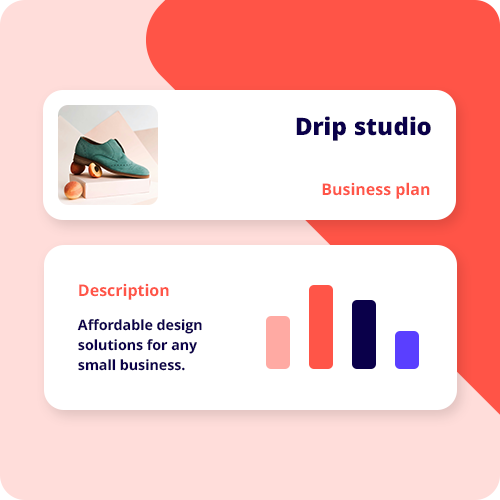
Business plan
Free editable business plan template to build out your business strategy.
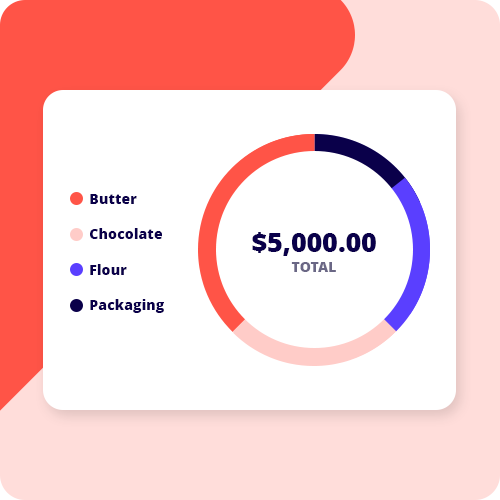
Cashflow forecast template
Free cashflow forecast template for small businesses.
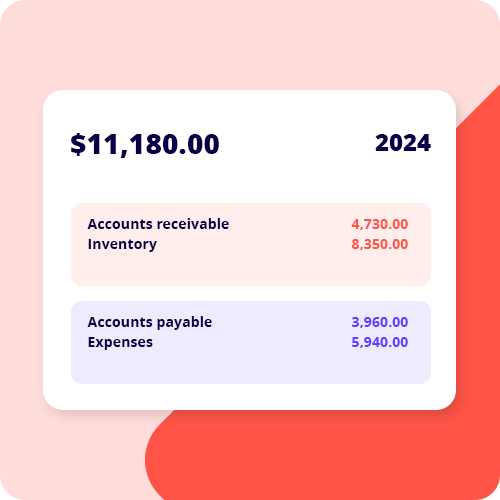
Balance sheet template
Free & customisable balance sheet for your small business.
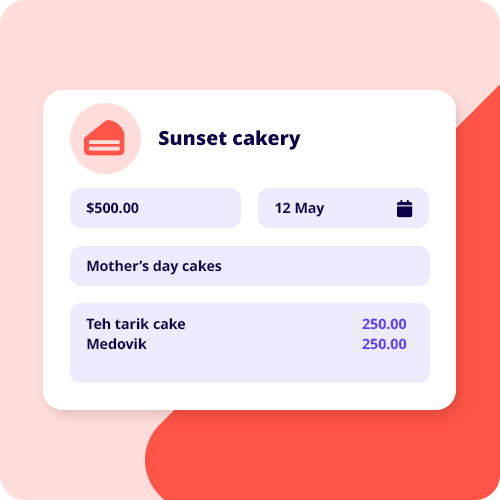
Quote template
Free quote template for
small businesses.
Frequently asked questions
What is a balance sheet?
A balance sheet provides a snapshot of your business’ financial standing at a specific point in time. On one side, your business’ assets are reported, and the other side shows your business’ liabilities and shareholders’ equity.
A balance sheet is important because it tells business owners and investors what your company owns and what it owes. It’s an excellent tool to track your business’ worth at any given time and to show the profitability of your business to those who are interested in buying a share.
Why is a balance sheet important for a small business?
If your business is doing well, investors can take a look at your balance sheet and see if you have a profitable business they’d like to invest in. A balance sheet can also help you diagnose problems, pinpoint financial strengths, and keep track of your business’ financial performance over time.
What are the 5 steps to create a balance sheet?
- Determine the time period you’re reporting on.
- Identify your assets as of your reporting date.
- Identify your liabilities as of your reporting date.
- Calculate shareholders’ equity.
- Compare total assets against liability and equity.
Make sure to download our free balance sheet example template to make things easy!
What are the three main components of a balance sheet?
There are three main components of a balance sheet, these include:
Assets
Assets represent things of value that a company owns and has in its possession, or something that will be received and can be measured objectively. They are also called the resources of the business, some examples of assets include receivables, equipment, property and inventory. Assets have value because a business can use or exchange them to produce the services or products of the business.
Liabilities
Liabilities are the debts owed by a business to others–creditors, suppliers, tax authorities, employees, etc. They are obligations that must be paid under certain conditions and time frames. A business incurs many of its liabilities by purchasing items on credit to fund the business operations.
Owner’s Equity
A company’s equity represents retained earnings and funds contributed by its owners or shareholders (capital), who accept the uncertainty that comes with ownership risk in exchange for what they hope will be a good return on their investment.
Our free balance sheet example template makes working out the above easy – try it out now!
Should a balance sheet always balance?
- Incomplete or misplaced data
- Incorrectly entered transactions
- Errors in currency exchange rates
- Errors in inventory
- Miscalculated equity calculations
- Miscalculated loan amortization or depreciation





























